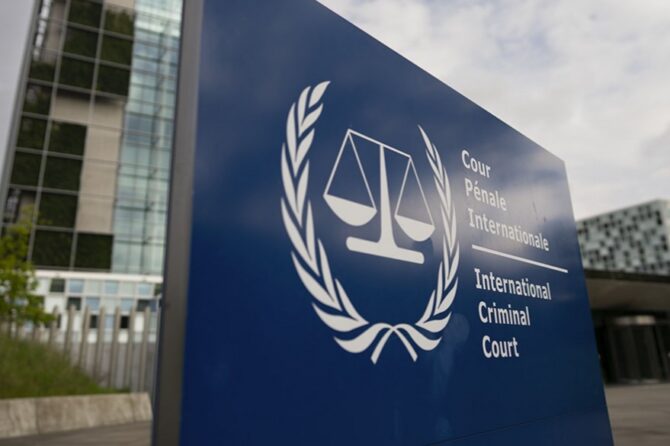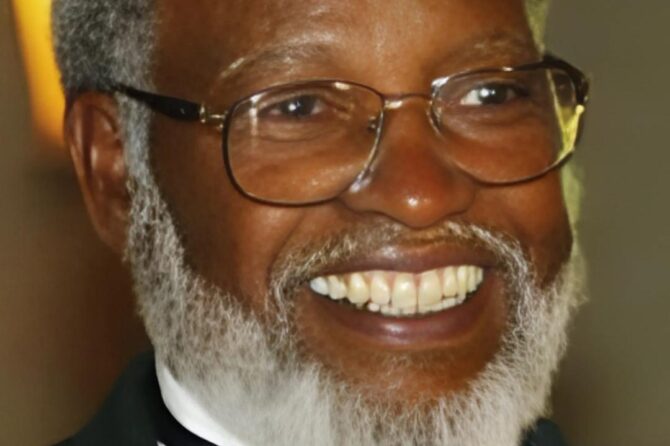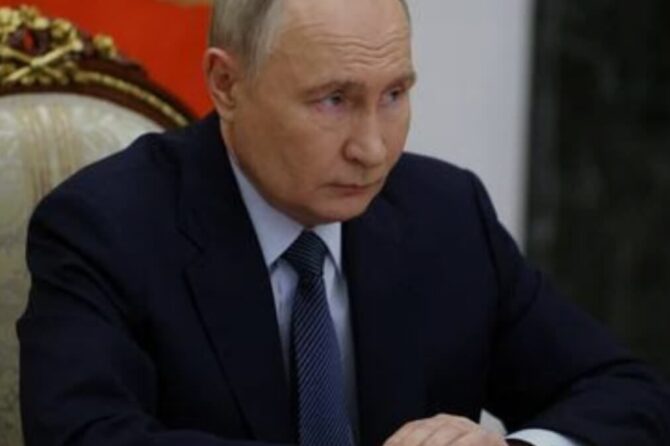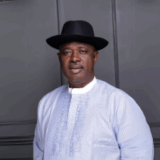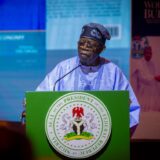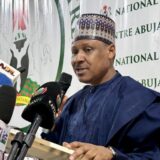A Sudden Descent into Crisis
In a shocking turn of events, South Korea has been plunged into a state of emergency as tonight, 3rd December 2024, President Yoon Suk Yeol declared martial law in a late-night televised address. This unprecedented move, the first of its kind since the 1980s, sent shockwaves across the nation and raised serious concerns about the future of South Korea’s democracy.
Yoon’s declaration came amid escalating political tensions and a series of controversial decisions by his administration. The president cited the need to combat “anti-state forces” and protect the nation’s constitutional order as the primary reasons for imposing martial law. However, the move was widely perceived as a desperate attempt to consolidate power and suppress dissent, particularly from the opposition-controlled National Assembly.
The declaration triggered immediate and widespread condemnation both domestically and internationally. Critics argued that Yoon’s actions were a blatant overreach of presidential authority and a serious threat to democratic norms. The move also raised concerns about potential human rights abuses and the erosion of civil liberties.
As the nation grapples with this extraordinary crisis, the implications for South Korea’s political landscape, social stability, and international relations are far-reaching. This report will delve into the circumstances that led to the declaration of martial law, examine the immediate and potential long-term consequences, and analyze the international response to this significant development.
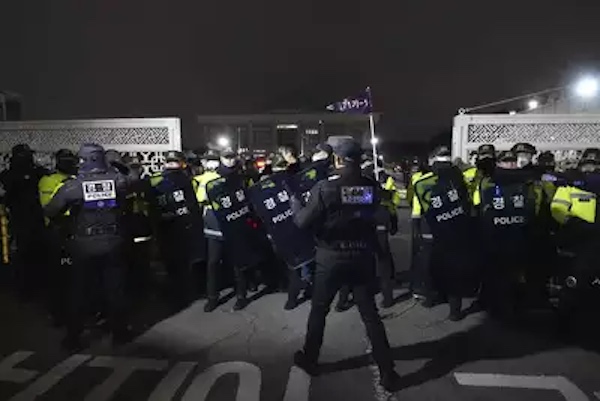
The Declaration and Its Implications
In his televised address, President Yoon Suk Yeol outlined a series of alarming allegations against the opposition Democratic Party, accusing them of engaging in “anti-state activities” that threatened the nation’s security and stability. He claimed that the opposition’s actions had paralyzed the government and undermined the democratic process.
To address this perceived threat, Yoon invoked emergency powers, declaring martial law across the country. This drastic measure granted the military broad authority to suspend civil liberties, impose curfews, and restrict freedom of movement. Key measures implemented under martial law included:
- Curtailment of civil liberties: Freedom of speech, assembly, and the press were significantly curtailed.
- Suspension of political activities: The activities of political parties, including the opposition, were suspended.
- Military control of key institutions: The military assumed control over critical infrastructure, including transportation, communication, and media outlets.
- Imposition of censorship: Strict censorship was imposed on news and information, with media outlets being forced to adhere to government guidelines.
- Arrest and detention powers: The military was granted broad powers to arrest and detain individuals suspected of anti-state activities.
The imposition of martial law has had a profound impact on South Korea’s political landscape, social fabric, and economic outlook. The suspension of democratic processes, the suppression of dissent, and the erosion of civil liberties have raised serious concerns about the future of the country’s democracy. Economically, the uncertainty and instability caused by the crisis have led to a decline in investor confidence and a slowdown in economic growth.
Public Reaction and Domestic Opposition
The declaration of martial law sparked immediate and widespread condemnation from the opposition Democratic Party, civil society organizations, and the general public. Protests erupted across the country, with demonstrators demanding the immediate lifting of martial law and the restoration of democratic rights.
The opposition Democratic Party denounced the declaration as a blatant power grab and a threat to the nation’s democratic institutions. They accused Yoon of using the pretext of national security to suppress dissent and consolidate his power.
Civil society organizations and human rights groups also raised alarm over the erosion of civil liberties and the potential for human rights abuses under martial law. They called on the international community to monitor the situation closely and to pressure the South Korean government to restore democratic norms.
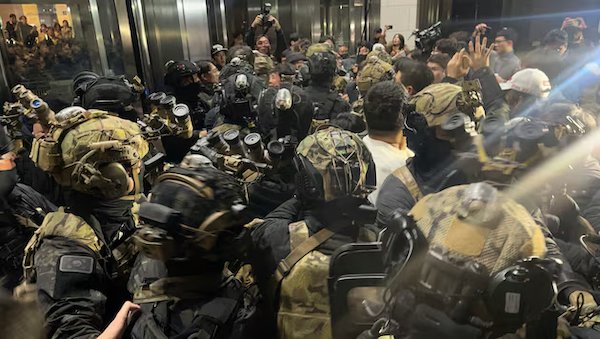
International Response
The international community expressed deep concern over the declaration of martial law in South Korea. Many countries and international organizations condemned the move and urged the South Korean government to respect human rights and democratic principles.
The United States, a key ally of South Korea, expressed disappointment over the declaration and called for a swift return to democratic governance. Other major powers, such as China and Japan, also voiced their concerns and urged dialogue and compromise to resolve the political crisis.
International human rights organizations, such as Amnesty International and Human Rights Watch, issued statements condemning the human rights violations under martial law. They called on the South Korean government to release political prisoners, lift restrictions on freedom of expression and assembly, and restore the rule of law.
Analysis and Outlook
The declaration of martial law in South Korea marks a significant setback for the country’s democratic development. The erosion of civil liberties, the suppression of dissent, and the concentration of power in the hands of the military have raised serious concerns about the future of South Korean democracy.
The crisis has also highlighted the deep political divisions within South Korean society. The polarization between the ruling and opposition parties has reached a dangerous level, and the potential for further escalation of tensions cannot be ruled out.
The international community’s response to the crisis will be crucial in determining its trajectory. Continued pressure from international actors can help to mitigate the negative consequences of martial law and encourage a return to democratic norms. However, the ultimate resolution of the crisis will depend on the actions of the South Korean government and the willingness of all parties to engage in constructive dialogue and compromise.


